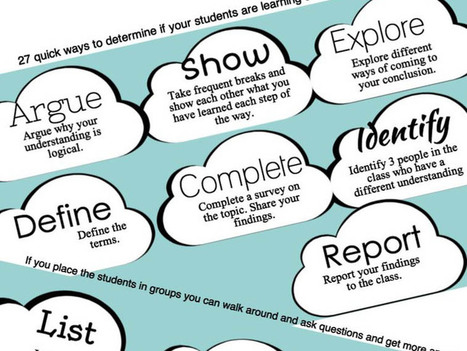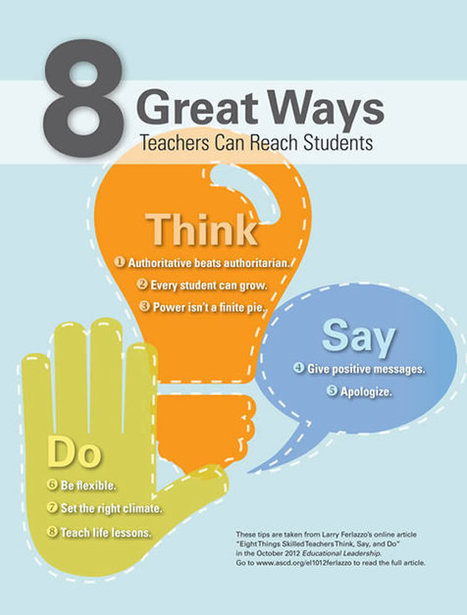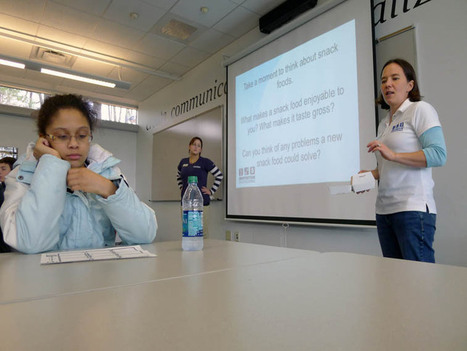Do we ignore mistakes, brushing them aside for the sake of our self-confidence? Or do we investigate the errors, seeking to learn from the snafus? The latter approach, suggests a series of studies, could make you learn faster.
Jonah Lehrer writes:
One of the essential lessons of learning, which is that people learn how to get it right by getting it wrong again and again."
"Education isn’t magic. Education is the wisdom wrung from failure."
"A new study, forthcoming in Psychological Science, and led by Jason Moser at Michigan State University, expands on this important concept. The question at the heart of the paper is simple: Why are some people so much more effective at learning from their mistakes? After all, everybody screws up. The important part is what happens next. Do we ignore the mistake, brushing it aside for the sake of our self-confidence? Or do we investigate the error, seeking to learn from the snafu?"
Growth Mindset
"It turned out that those subjects with a growth mindset were significantly better at learning from their mistakes. Because the subjects were thinking about what they got wrong, they learned how to get it right."
"Fear of failure (fixed mindset) can actually inhibit learning."
Praise: How Matters
Students praised for their intelligence almost always chose to bolster their self-esteem by comparing themselves with students who had performed worse on the test.
In contrast, kids praised for their hard work were more interested in the higher-scoring exams. They wanted to understand their mistakes, to learn from their errors, to figure out how to do better.
The experience of failure had been so discouraging for the “smart” kids that they actually regressed.
The problem with praising kids for their innate intelligence — the “smart” compliment — is that it misrepresents the psychological reality of education. It encourages kids to avoid the most useful kind of learning activities, which is when we learn from our mistakes.
Foresaking Self-Improvement for the Sake of Self-Confidence
Unless we experience the unpleasant symptoms of being wrong the mind will never revise its models.
We’ll keep on making the same mistakes, forsaking self-improvement for the sake of self-confidence. Samuel Beckett had the right attitude: “Ever tried. Ever failed. No matter. Try Again. Fail again. Fail better.”



 Your new post is loading...
Your new post is loading...






























